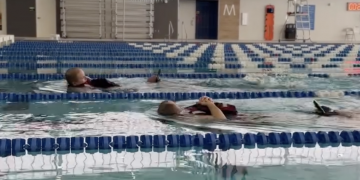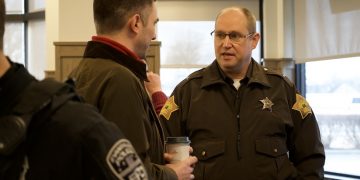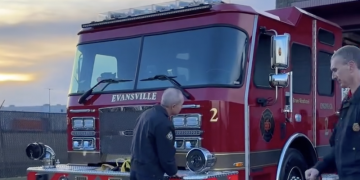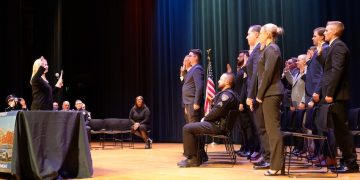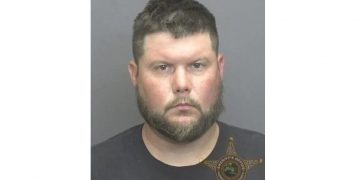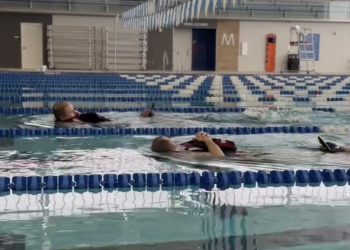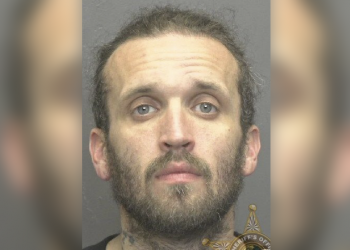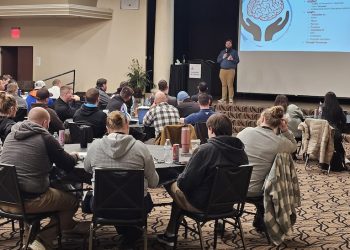Bloomington, Indiana – The first phase of projects in Mayor John Hamilton’s $8 million COVID-19 pandemic recovery initiative is set to launch in the next few weeks.
The first step of the Recover Forward initiative was the Bloomington City Council’s approval to reallocate $2 million of 2019 funds at its Aug. 12 meeting, according to a press release from the city. The second step of the initiative will begin with the approval of the proposed 2021 budget, which is scheduled for October. The budget reallocates $4 million of city reserves to various departments. An additional $2 million will be requested in the 2022 budget, according to an email from city spokesperson Yaël Ksander.
Projects in the first phase of Recover Forward include measures to expand access to jobs, housing, transportation, renewable energy, food, the arts and the internet.
About $450,000 is going toward two new programs in the Housing and Neighborhood Development Department, $350,000 for a mortgage assistance program and $100,000 for a down payment assistance program, according to the release.
About $400,000 is for a project to improve compliance with the federal Americans with Disabilities Act in curb ramps and bike lanes and repair sidewalk damage from trees, according to the release. The project is aimed toward low- and moderate-income areas of the city.
About $375,000 is allocated for a project to help underemployed residents acquire jobs and skills, according to the release. The goal is to prepare people for higher wage skilled labor jobs, for governmental and other private sector contracts and for reentry into the job market. Possible partners include Ivy Tech Community College and the Hoosier Hills Career Center.
About $250,000 will go toward improving accessibility to at least 25 Bloomington Transit bus stops. The stops were chosen based on a 2019 assessment, which rated each bus stop based on ADA compliance and accessibility guidelines. Local engineering firm VS Engineering has begun design for the improvements.
About $250,000 is for a program to give loans and grants for eligible homeowners, renters and small businesses to reduce energy use and operational costs. The program will target income-restricted homes and small businesses, as well as multifamily units managed by property management companies with more than five units.
The city council’s Jack Hopkins Social Service Committee will reconvene in September to consider nonprofit agencies’ grant proposals and to allocate $200,000 in Recover Forward funding to the selected nonprofits, according to the release.
About $100,000 is allocated for Code School, a low-cost, 12-week coding training program launching in October. It will target people who are underemployed, people who are underrepresented in the tech industry or people interested in a tech career. Partners include IU, Ivy Tech and several local employers. More information about applications and program dates will be available soon.
About $100,000 is for grants for the city’s arts institutions and programs, according to the release. The goal is to distribute the grants before the end of the year.
About $75,000 makes up the initial investment for Farm Stop, a consignment-based, local-only grocery store meant to address the fragility of the local food system. The project is modeled after the Argus Farm Stop in Ann Arbor, Michigan.
About $50,000 will go toward a program that will prepare people for employment in the region’s life sciences manufacturing sector, according to the release. The program is a 110-hour, three-week course and will begin in October at the Ivy Tech Indiana Center for Life Sciences. Application information will be available soon.
About $35,000 is for a digital equity grants fund to support local nonprofits’ efforts to improve access to the internet, according to the press release. Grants are expected to be awarded before the end of the year.















